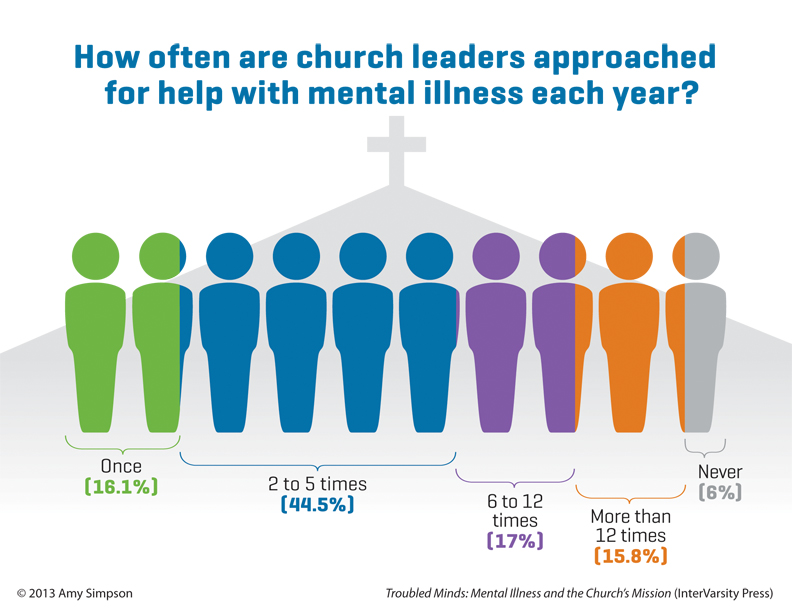Look Into The Remarkable Development Of Catholic Institutions And Their Significant Duty In Education And Learning-- Do Their Practices Supply A Path To Future Understanding?
Look Into The Remarkable Development Of Catholic Institutions And Their Significant Duty In Education And Learning-- Do Their Practices Supply A Path To Future Understanding?
Blog Article
Developed By-Rytter Bateman
When you take into consideration the history of education and learning, Catholic schools stick out for their deep-rooted practices and long-term impact. These establishments started as a means to instill confidence and values, but they've adjusted remarkably over centuries. Today, they play an essential role in shaping not just scholastic success yet additionally moral integrity. What's intriguing is exactly how they've handled to prosper among transforming social landscapes, questioning regarding their future relevance and effect.
The Origins of Catholic Education: A Historic Viewpoint
Catholic education traces its roots back over 1,500 years, when very early Christian neighborhoods acknowledged the demand for structured learning. You'll locate that these neighborhoods aimed to hand down their confidence and worths with education.
https://click4r.com/posts/g/21226986/cultivating-the-comprehensive-youngster-spirit-idea-and-heart-in-ca and basilica colleges came to be facilities of knowing, supporting both spiritual and intellectual growth. As you dig much deeper, you'll see that the curriculum frequently consisted of philosophy, theology, and the liberal arts, created to form versatile people.
In time, the Church developed a lot more formal organizations, making sure that education remained accessible to all. The dedication to teaching ethical worths and cultivating a sense of community has persisted through the centuries, shaping the educational landscape and affecting many lives worldwide.
This enduring tradition remains to influence Catholic education and learning today.
The Evolution of Catholic Schools With Social Contexts
As societies advanced, so did the duty of Catholic colleges, adjusting to the cultural contexts in which they existed. In the very early years, these establishments concentrated mainly on religious instruction, however as neighborhoods expanded, they began to incorporate neighborhood languages, custom-mades, and educational needs.
You would certainly see that Catholic colleges usually ended up being centers for social cohesion, fostering a sense of belonging amongst pupils from various histories. In numerous areas, they addressed societal problems, such as destitution and discrimination, by offering accessible education and learning for all.
As you explore different societies, you'll see exactly how Catholic institutions have shifted their educational program and mentor methods, reflecting the values and difficulties of their atmospheres while holding to their foundational goal of belief and scholastic excellence.
The Modern Role and Impact of Catholic Schools in Society
In today's globe, Catholic schools play a vital role in shaping not just the academic landscape, but likewise the more comprehensive neighborhood.
https://notes.io/wPtSv 'll discover that these establishments emphasize values like regard, compassion, and social justice, cultivating all-round individuals that add favorably to culture. By focusing on scholastic excellence and ethical advancement, Catholic colleges prepare pupils for future obstacles, supporting crucial reasoning and leadership abilities.
They commonly serve diverse populations, bridging gaps in access to top quality education. In addition, you may discover their commitment to solution, urging trainees to participate in neighborhood outreach and volunteer work.
discover this info here of education and moral guidance makes Catholic schools a significant force, growing responsible residents that can affect their communities right.
Final thought
To conclude, Catholic institutions have an abundant background that's shaped their enduring effect on society. You've seen how they have actually adapted to various cultural contexts while keeping a dedication to belief, worths, and academic excellence. Today, they remain to play a crucial function in promoting neighborhood, advertising social justice, and nurturing accountable residents. As you reflect on their tradition, it's clear that Catholic schools remain a powerful force for favorable adjustment worldwide.
